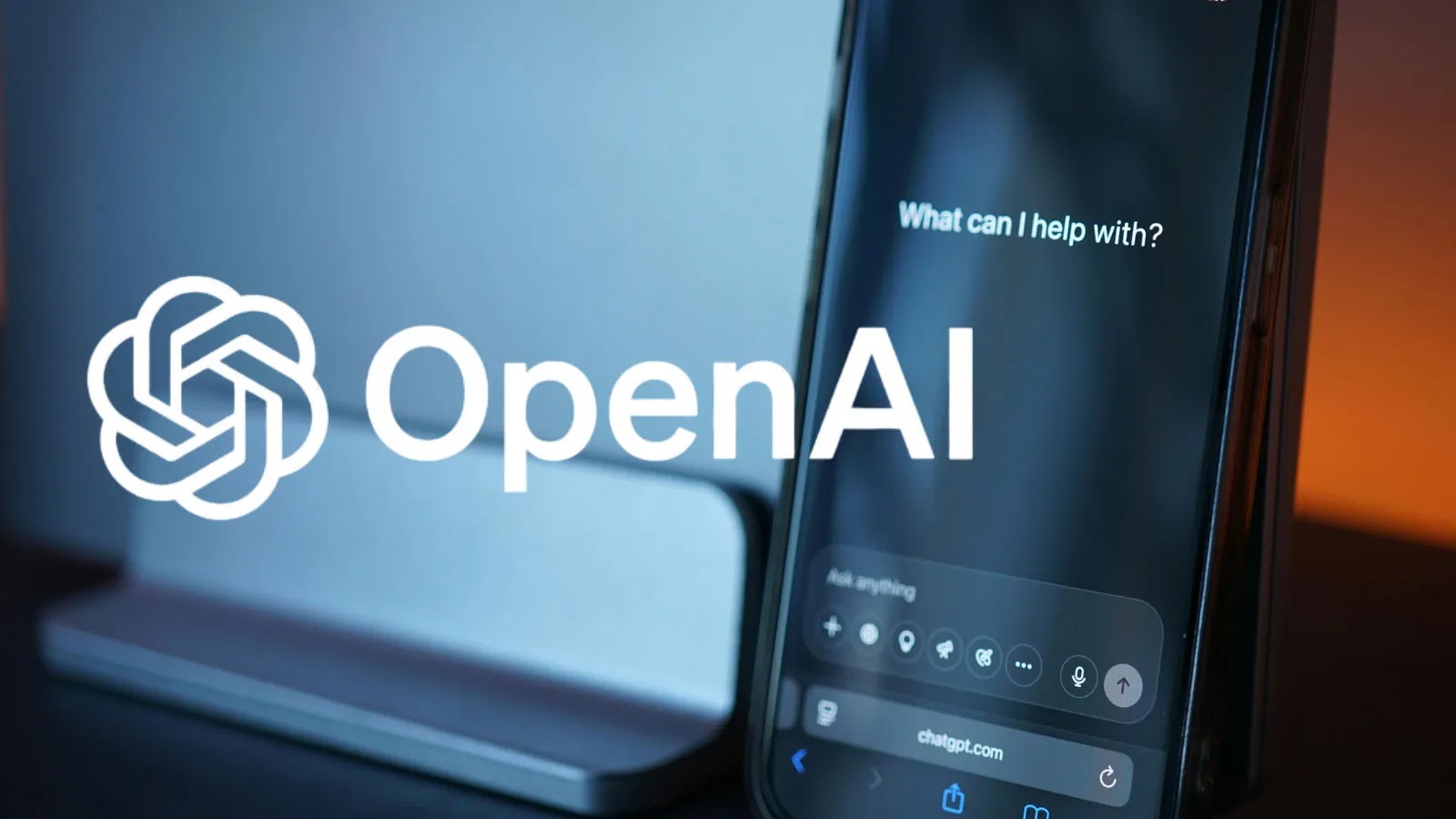
DHS Asks OpenAI To Share Information on ChatGPT Prompts Used By Users
The digital landscape is a battleground where privacy, innovation, and law enforcement frequently intersect. A recent development has sent ripples through the cybersecurity community, sparking critical conversations about data privacy in the age of artificial intelligence. The Department of Homeland Security (DHS) has issued an unprecedented federal search warrant to OpenAI, demanding user data linked to ChatGPT prompts. This move, reportedly the first of its kind, underscores the growing complexities of digital investigations and the burgeoning role of AI in our interconnected world.
DHS Demands ChatGPT User Data: An Unprecedented Move
Last week, a federal search warrant, previously sealed and now brought to light in Maine, revealed that the Department of Homeland Security (DHS) has compelled OpenAI to disclose specific user data. This landmark order targets information related to ChatGPT prompts, marking a significant escalation in how law enforcement agencies are navigating the digital frontier. The warrant is a direct outcome of a year-long federal investigation into a dark web platform suspected of distributing child sexual abuse material (CSAM). Federal agents, during their ongoing probe, identified a need to access user data associated with OpenAI’s sophisticated chatbot, ChatGPT.
This development raises fundamental questions about user anonymity, the scope of digital surveillance, and the responsibilities of AI developers like OpenAI in assisting law enforcement. While the specifics of the prompts or the nature of the information sought remain under wraps, the fact that a federal agency has successfully acquired such a warrant from a major AI provider sets a new precedent.
The Intersection of AI, Privacy, and Law Enforcement
The use of search warrants to obtain user data from technology companies is not new. However, extending this legal instrument to AI-generated content and the prompts that feed it introduces a fresh set of challenges. ChatGPT, a sophisticated large language model, processes and generates text based on user input, and the data it handles includes a wide array of information, from innocuous queries to potentially nefarious communications. The legal implications of this decision are far-reaching, potentially influencing future investigations involving AI platforms. It forces a critical examination of where the line is drawn between protecting user privacy and aiding in criminal investigations, especially in cases as sensitive and heinous as CSAM.
For cybersecurity professionals, this event highlights the increasing importance of understanding data handling practices within AI systems and the potential for such data to become evidence in legal proceedings. It also underscores the need for robust legal frameworks that clearly define the boundaries of data access in the age of advanced AI.
Data Privacy Concerns and User Trust
OpenAI, like many tech companies, operates under a privacy policy that outlines how user data is collected, stored, and shared. While these policies typically include provisions for compliance with legal demands, the public nature of this warrant will undoubtedly spark concerns among ChatGPT users. The apprehension stems from the fundamental trust users place in platforms to protect their data, even when faced with government requests. This incident serves as a stark reminder that even seemingly private interactions with AI tools can be subject to legal scrutiny.
The fine balance between national security, law enforcement’s investigative powers, and individual privacy rights is constantly being re-evaluated in the digital domain. OpenAI’s response to this warrant, and potentially future similar requests, will be closely watched by privacy advocates, legal experts, and the broader tech community.
Looking Ahead: The Evolving Landscape of AI and Digital Forensics
This incident is not merely an isolated case; it’s a bellwether for the future of digital forensics and AI governance. As AI technologies become more pervasive, their role in facilitating communication and information dissemination will inevitably make them central to both legitimate and illicit activities. Law enforcement agencies will continue to adapt their investigative techniques to leverage and, where necessary, penetrate these advanced systems.
For organizations and individuals engaging with AI, understanding the legal and ethical implications of data interaction is paramount. This includes being aware of platform-specific privacy policies, the legal frameworks governing data access, and the potential for any digital footprint to be subject to examination. The ongoing dialogue between AI developers, policymakers, and privacy advocates will be crucial in shaping a balanced approach that protects both public safety and individual liberties.
Key Takeaways for Cybersecurity Professionals
- The DHS warrant against OpenAI marks a critical precedent for law enforcement’s access to AI-generated user data.
- Organizations utilizing AI platforms must carefully review their data handling policies and ensure compliance with evolving legal mandates.
- This event underscores the importance of robust data encryption and privacy-by-design principles in AI development.
- Security analysts should remain vigilant about the legal ramifications of AI usage and stay informed on best practices for data protection and ethical AI deployment.





